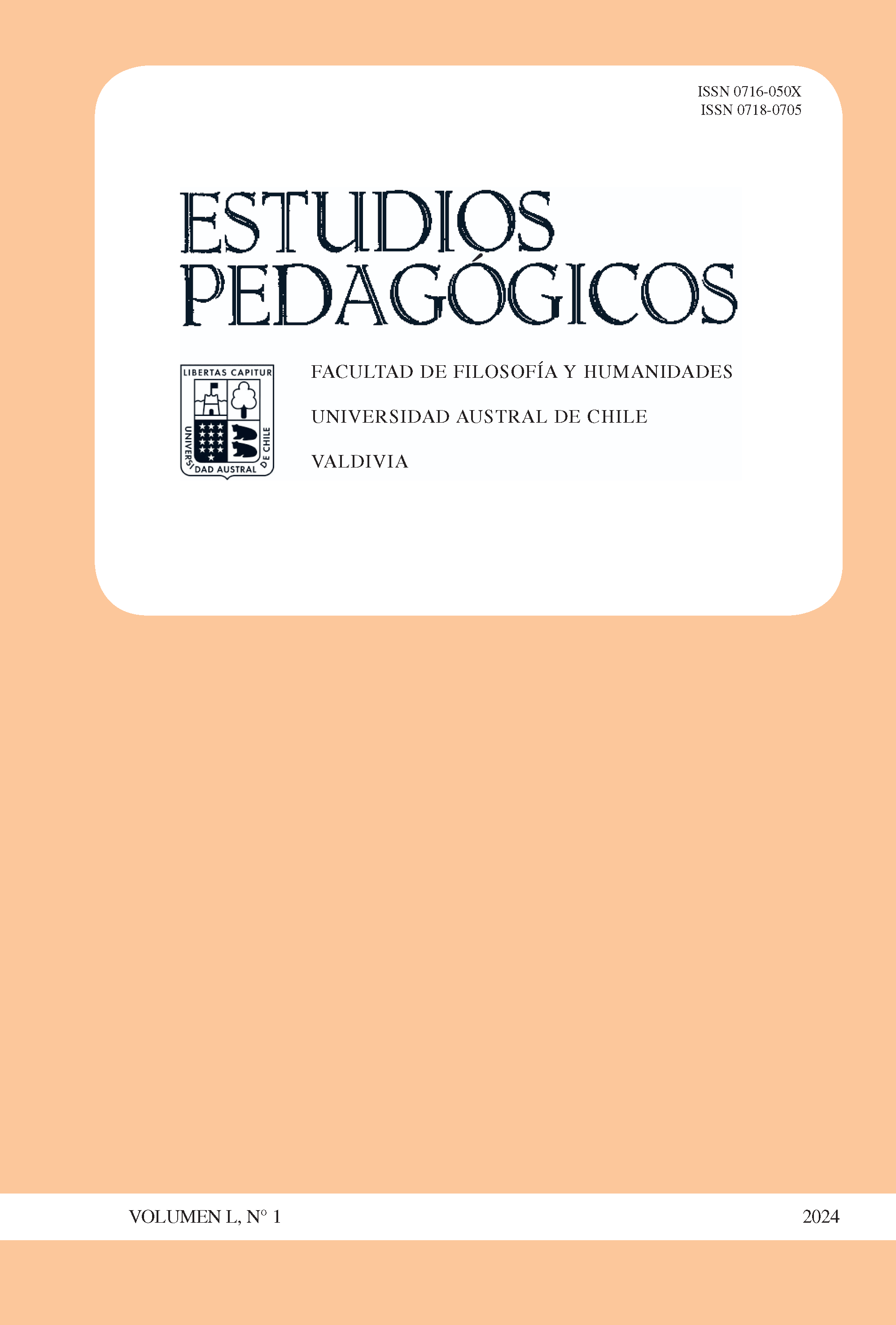Learning self-regulation strategies: a systematic review
Main Article Content
Abstract
A systematic review of 110 articles published between 2018 and 2020 is presented to identify consensus around theoretical foundations, factors and types of learning self-regulation strategies in students from elementary school to higher education. The results indicate that research continues to predominate in English-speaking countries and the university population continues to be the one of greatest interest. There is consensus on self-regulation as an individual and cyclical process. Attention to reading competence and learning a second language is highlighted, pointing out the role of motivation and self-efficacy. The use of mobile devices, applications and platforms to promote self-regulation has emerged as an object of interest, without there being consensus on its effectiveness. From the sociodemographic characteristics, certain studies show that women employ more metacognitive strategies than men, while ethnicity is not a determining factor in self-regulation.

